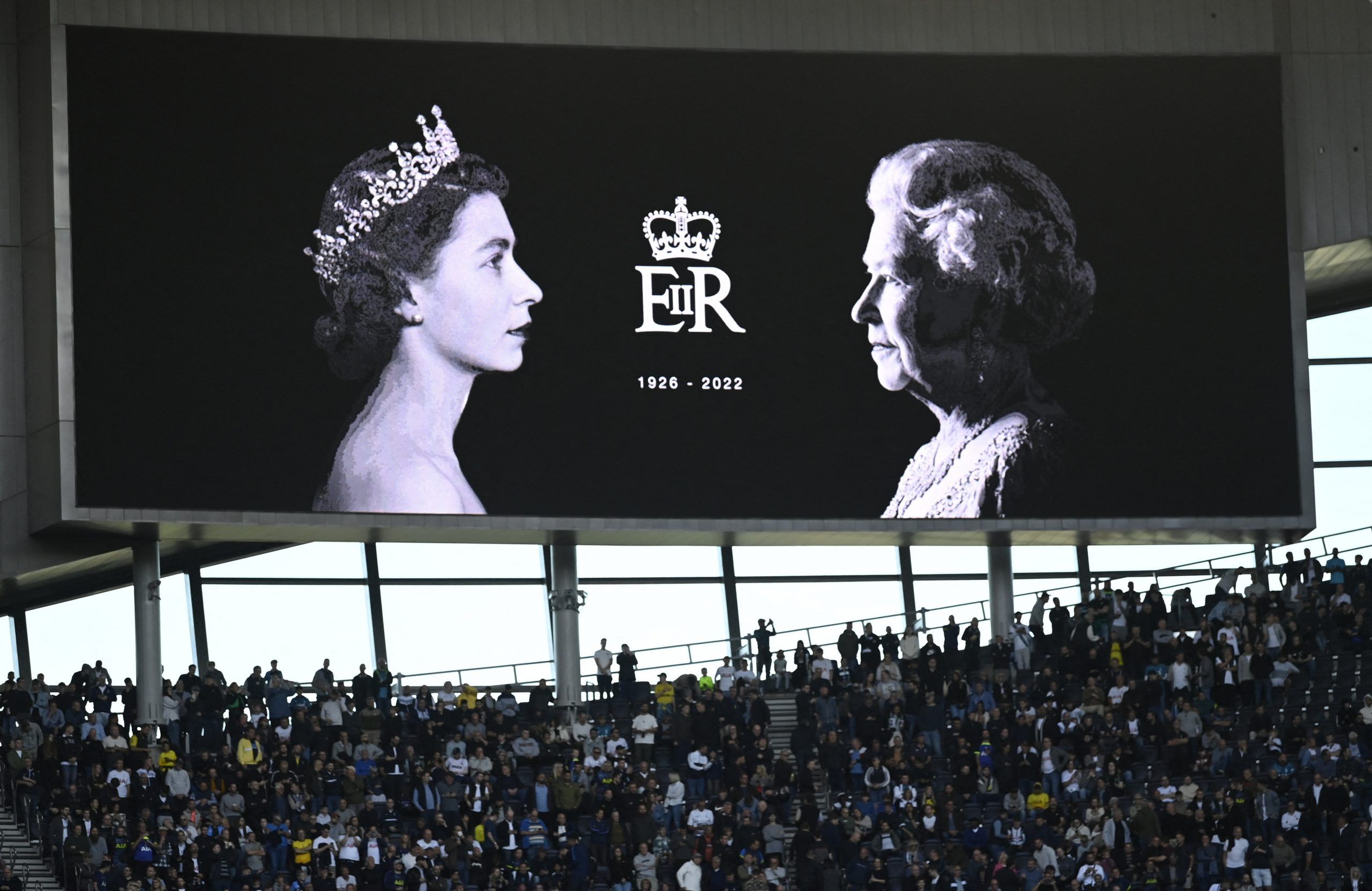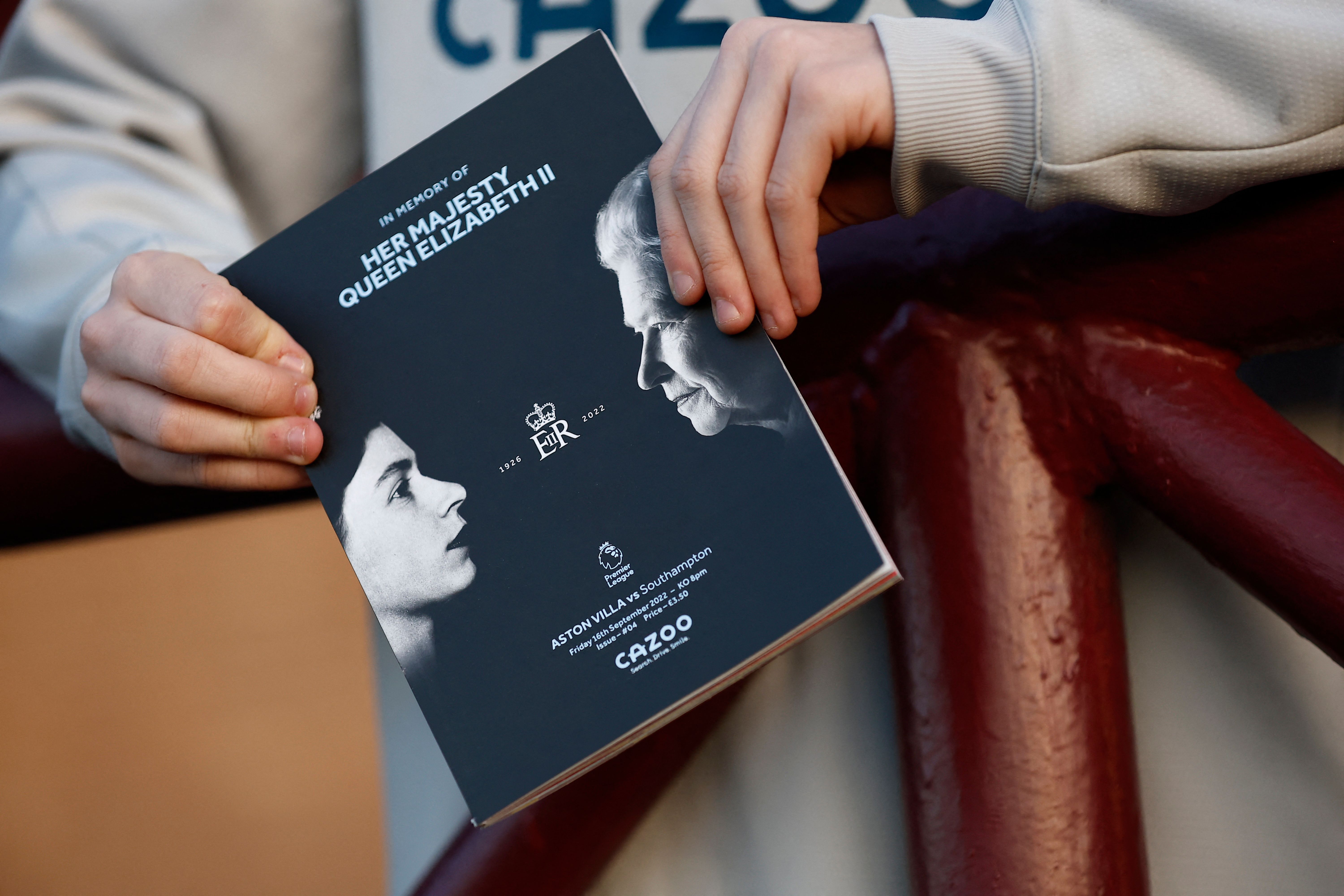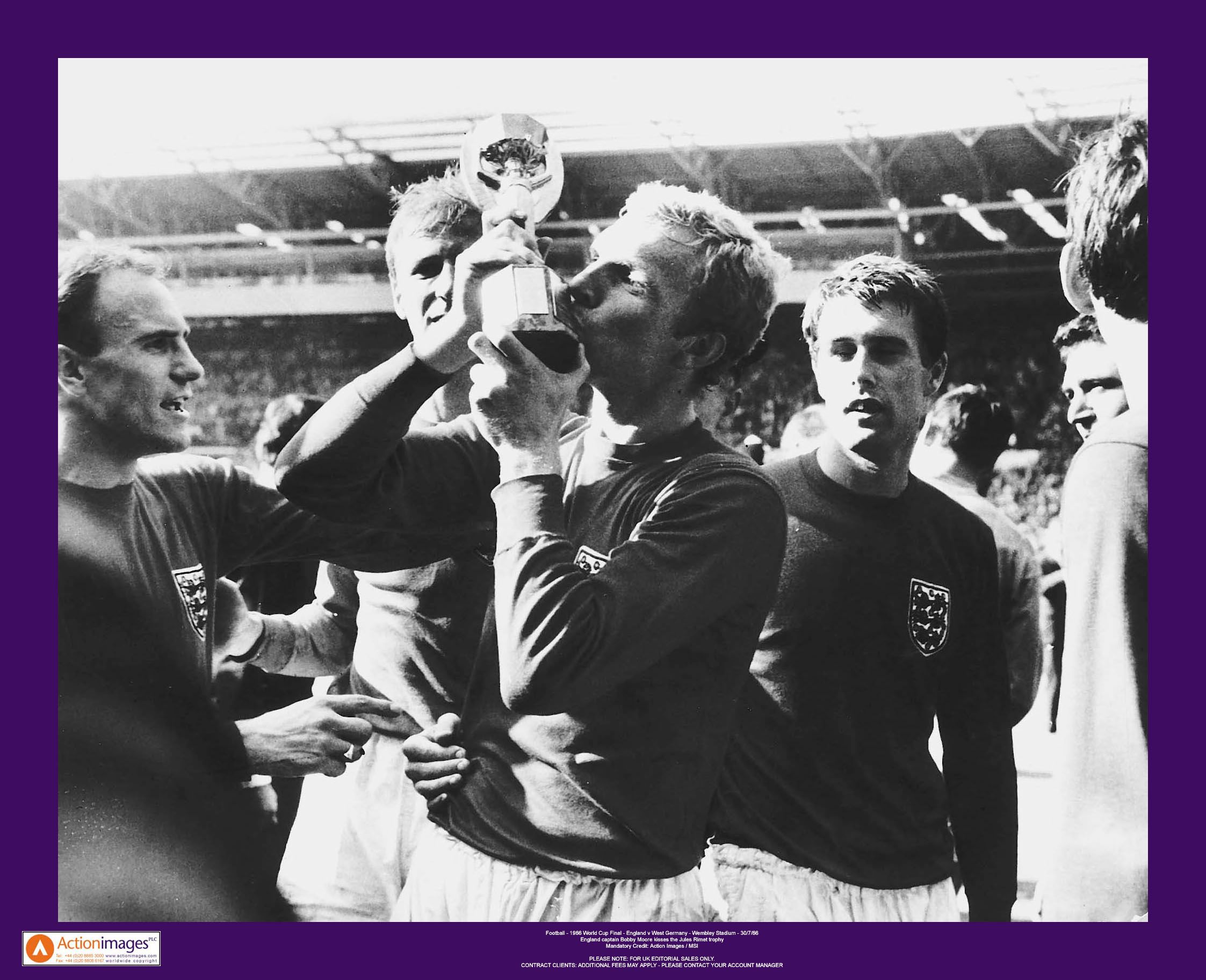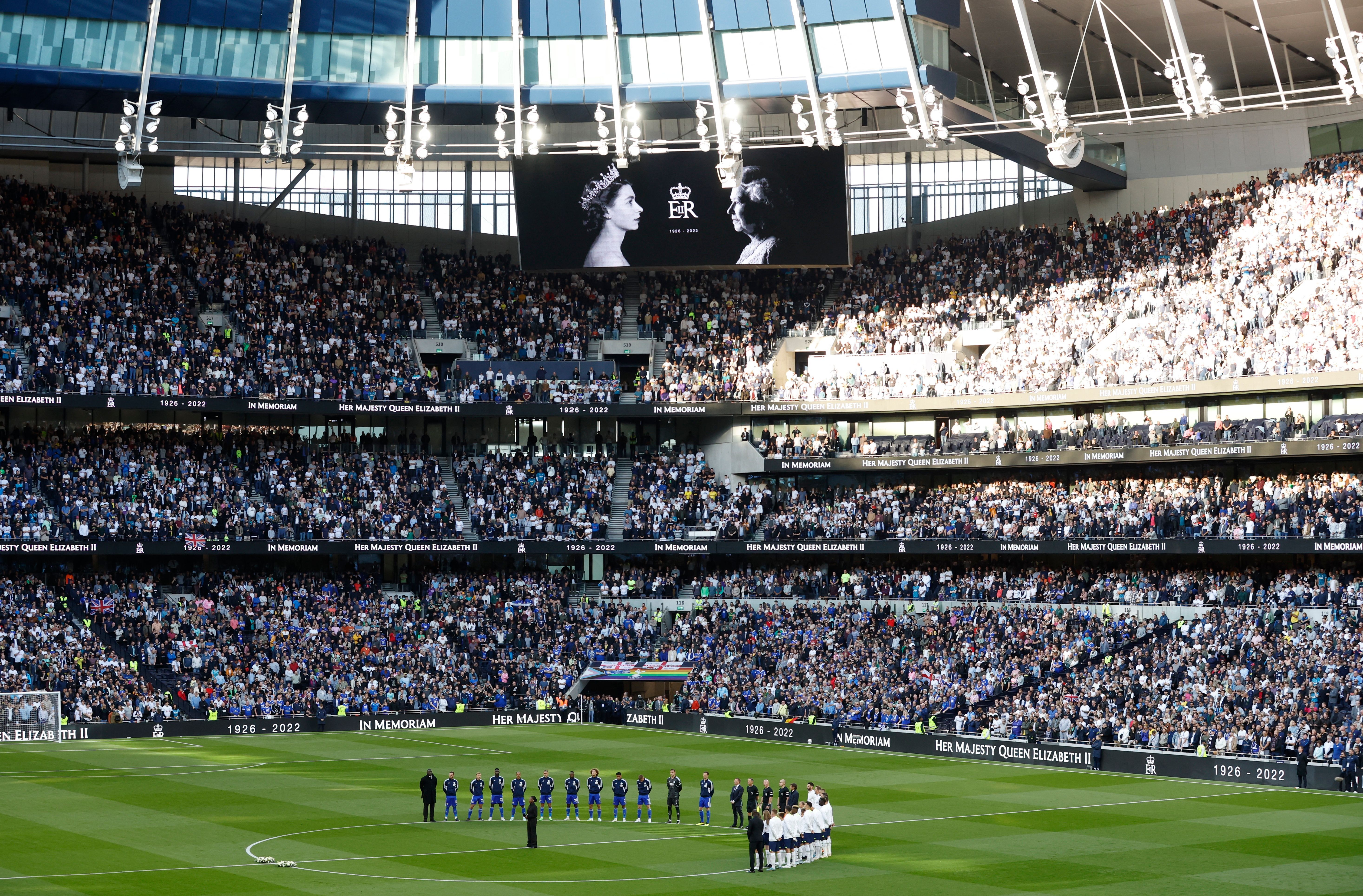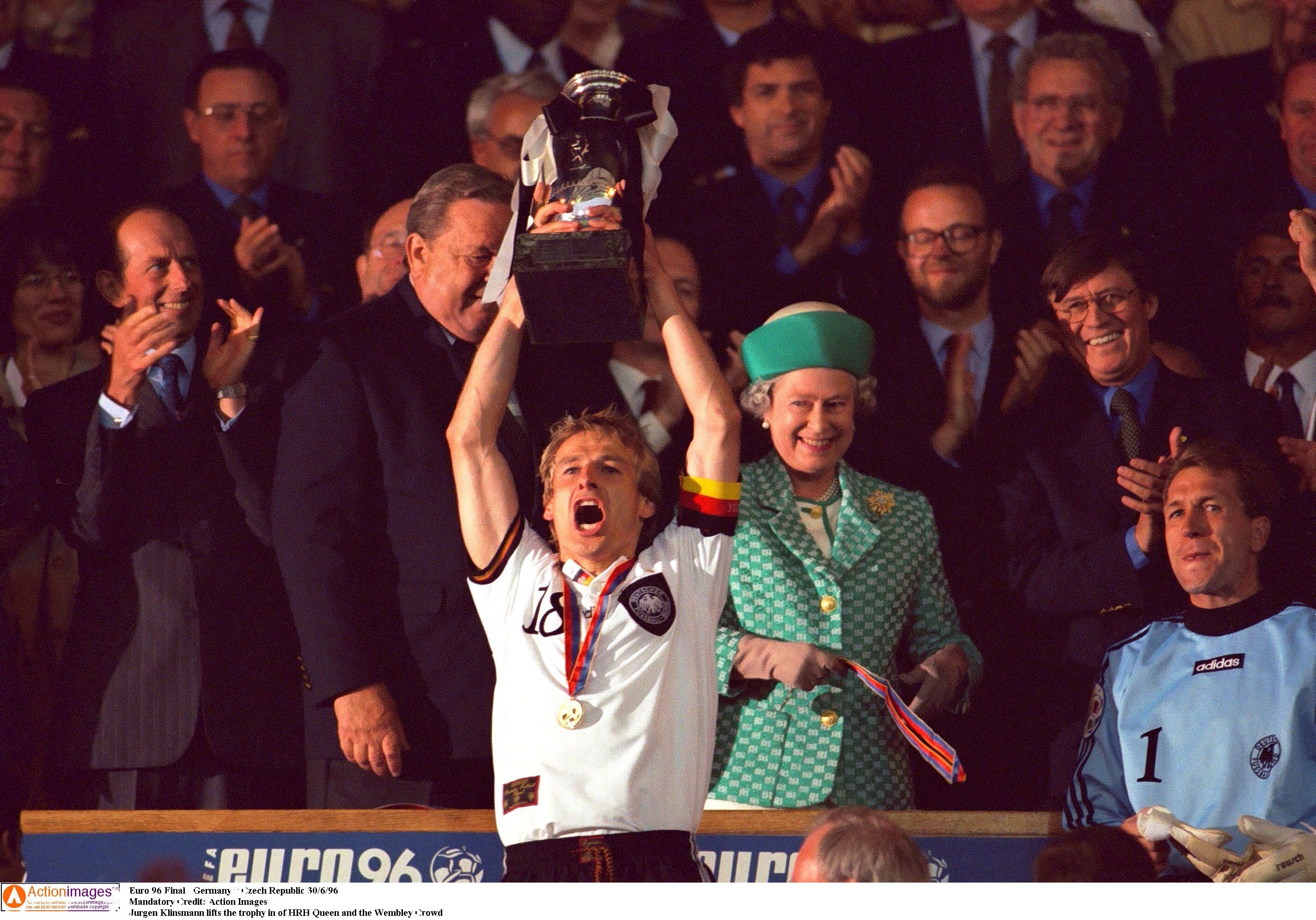Over the last week, the country has come to a near standstill to mark the life of Queen Elizabeth II. A remarkable figurehead and pillar of the United Kingdom, her Majesty sadly passed away on September 8th at the age of 96.
She is the longest-serving British monarch ever, having reigned for 70 incredible years, and the second-longest serving monarch of all time, only behind King Louis XIV of France whose reign lasted for over 72 years.
Since her coronation as Queen, she has witnessed a great deal on the field of play, and so long did her reign stretch that she has witnessed both of England's major triumphs, that of the 1966 World Cup where she had the pleasure of handing Bobby Moore the Jules Rimet trophy, and most recently, the Lionesses Euro 2022 triumph.
The Queen may not have been in attendance for that match but still issued a strong statement of congratulations.
It was perhaps fitting that such a historic triumph came during what was the final year of her reign, with women's football banned for the first 45 years of her life and the first 20 years of her time on the throne. Women were under strict orders from none other than the FA, an organisation the Queen would later become a long-standing patron of, to not play.
However, in the modern era, much has changed from the period of time when Elizabeth II would first attend the beautiful game we all love.
Barely out of her teens, Princess Elizabeth - as she was then known - first attended Wembley in 1944. It was a match with little on the line so far as success, but it was one of huge poignance with England beating Scotland, the nation she came to love, 6-2 in a friendly in aid of war charities following the conclusion of WW2.
That was the first of many visits to the historic stadium, with Her Majesty presenting the FA Cup 11 times throughout her reign, the first of which came in 1948. Still a Princess, she first handed the trophy to Wolverhampton Wanderers skipper Billy Wright.
Perhaps the most famous occasion was when she was in the Royal Box for the 1953 final, handing Stanley Matthews his first winners medal. It was another poignant time in the Queen's association with football, as Matthews clearly made an ever-lasting impression on her, with the former Blackpool and England star becoming the first footballer to earn a knighthood.
There were a number of firsts throughout her life and indeed her time on the throne, as she handed Ron Yeats the trophy when Liverpool won the FA Cup for the first time, just a year before handing the World Cup to Moore while dressed in a stunning yellow dress.
Unsurprisingly, her Majesty would meet a host of footballing greats and in 1968, attended Brazil's famous Maracana stadium, greeting a certain Pele in the process.
Indeed, her own sporting knowledge was shown firsthand during that event.
In front of 85,000 people, Lael Soares, head of ceremonial at Palácio Guanabara, said: "Majesty, this is the world-famous player Pelé". Her response was typical, and no doubt one that would have been said with her famous beaming smile: "Oh, I know! I already know him by name. And I feel very happy to greet him," she replied.
The Brazilian sensation was undoubtedly one of the most famous sporting icons she would meet, but 14 of them, in particular, were very special, as they all received knighthoods.
Those lucky individuals with football connections, in order of last to first, were: Kenny Dalglish, Dave Richards, Trevor Brooking, Bobby Robson, Alex Ferguson, Geoff Hurst, Tom Finney, Bobby Charlton, Bert Millichip, John Smith, Walter Winterbottom, Matt Busby, Alf Ramsey and of course, Matthews.
A number of other awards were handed out by the Queen, with OBEs handed to the likes of Rio Ferdinand, Frank Lampard and David Beckham, a man who queued 12 hours to pay his respects in Westminster a few days ago. MBEs were also bestowed upon famous footballing figures such as Steven Gerrard, Alex Scott and Ian Wright.
The final name upon that list may well have special significance with Wright's beloved Arsenal being the only club to ever be invited by the Queen for tea.
Such a visit took place in 2007 when Thierry Henry introduced the entire team to Her Majesty, with Theo Walcott revealing the French striker was simply in awe of meeting her.
She declared football to be a "wonderful game" and a meeting with one Emmanuel Eboue, the former Arsenal full-back, only epitomised the influence she had not just on society, but on football too. Going off script, the Ivorian defender asked if he could quit football in order to look after her Corgis.
Such a job would have been an honour but alas, Eboue would continue to play football, a sport that was by no means the Queen's first love, but a form of entertainment she would grow very fond of.
Indeed, football also has a remarkable fondness for Elizabeth II, a feeling that has been felt throughout the country in response to her sad passing.
Matches were postponed last week and this weekend too, although, for games that did still go ahead, a minute's silence took place before kick-off. An ovation then took place in the 70th minute to mark the number of years she was on the throne.
It was a rather fitting tribute and one that celebrated her life with a great deal of respect.

